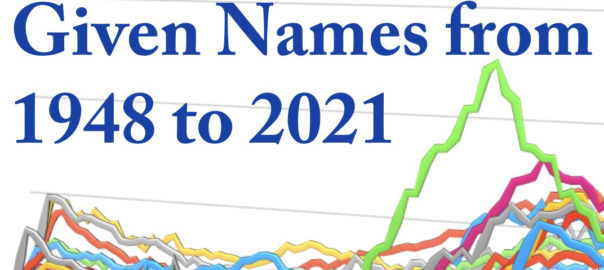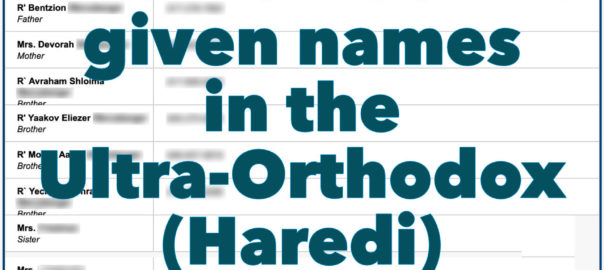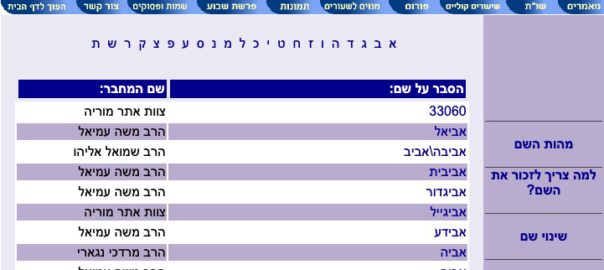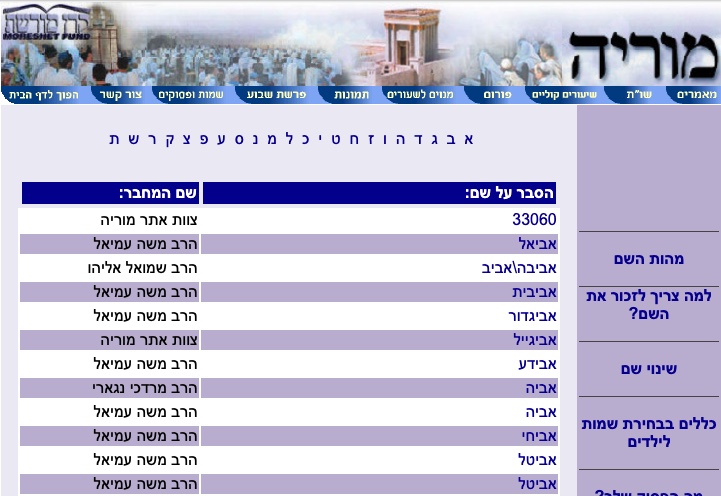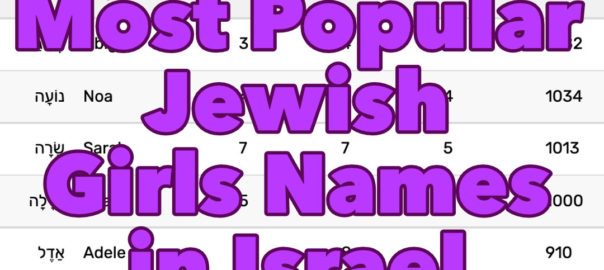Those who have followed this blog over the last 14 years, or even those more recent to it, may have wondered why I haven’t been updating it of late. The answer is that I’ve been busy on a project that has taken up all of my time. That project is not genealogy-related, but may be of interest to those with an interest in literature and history.
I have been working on, and finally published, a new edition of Mark Twain’s The Innocents Abroad. Whenever you see quotes from Twain about the Holy Land, they likely came from this book. It was the book that made him famous, and his best-selling book in his lifetime. In the book, Twain joins a group of American tourists on what was probably the first commercial cruise to Europe and the Middle East. For five months Twain recorded his views on the people and places he visited.
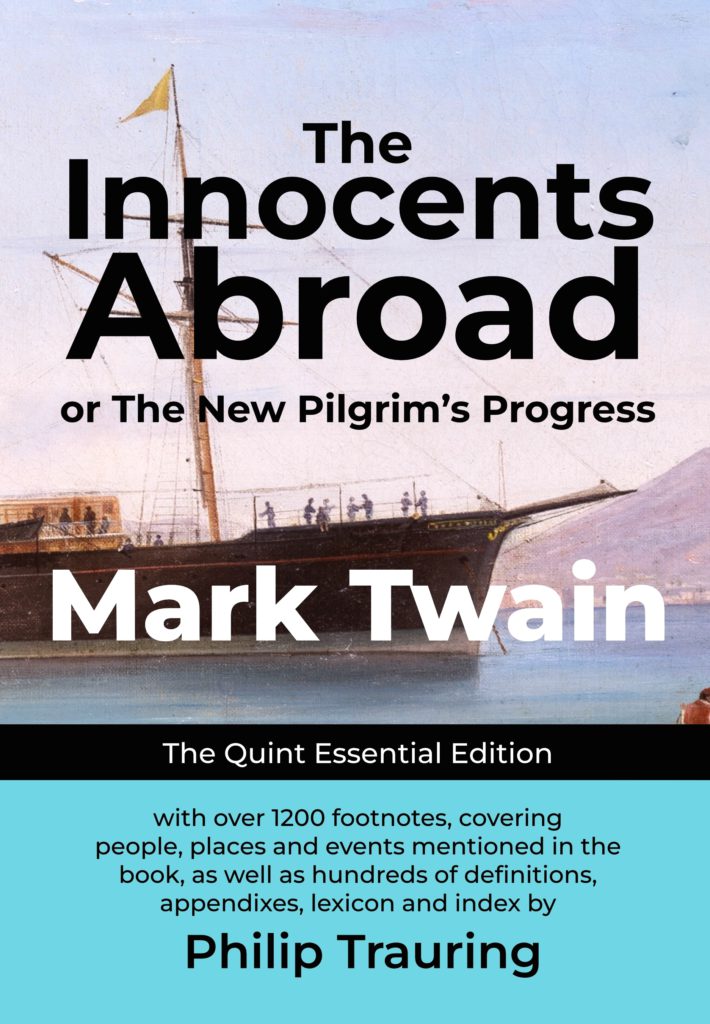
This new edition has all of the illustrations from the first edition (published in 1869), many based on photographs taken on the journey, or photographs collected by passengers. It also retains all of the original page headers from the first edition. More importantly, there are over 1200 footnotes in this edition, covering the people, places, and events mentioned in the book. Footnotes include information on history, biography, geography, mythology, art, and biblical and literary references.
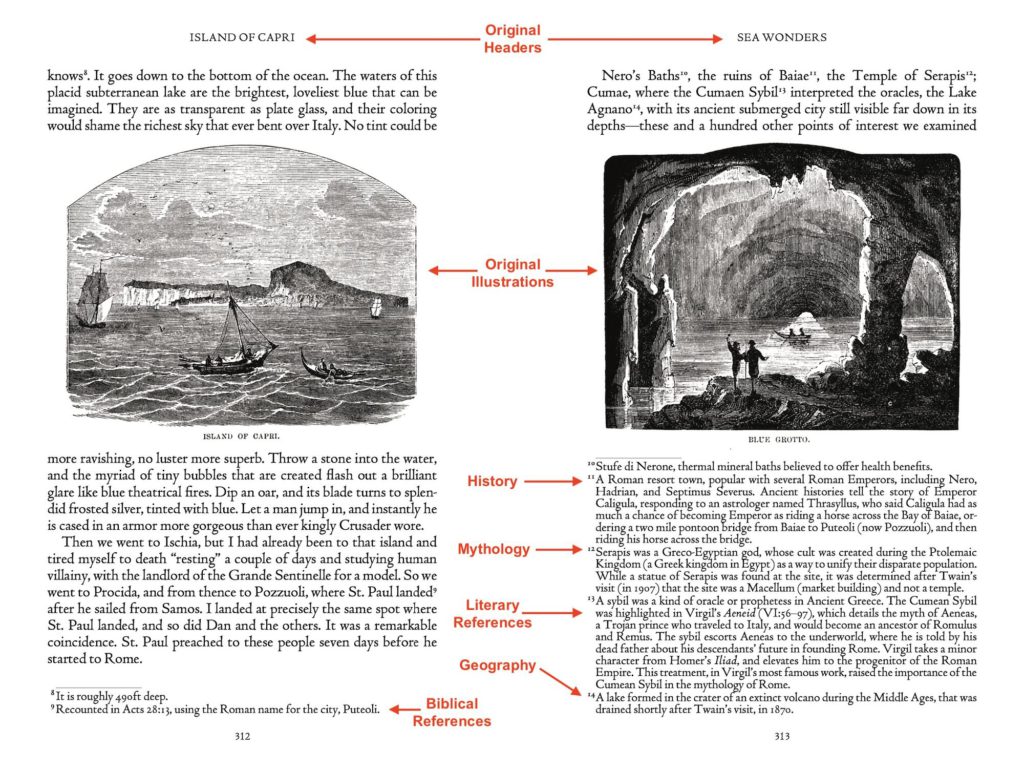
The book is currently available as a Paperback and print replica eBook through Amazon, and as a Hardcover everywhere. If you buy a copy, let me know what you think.

